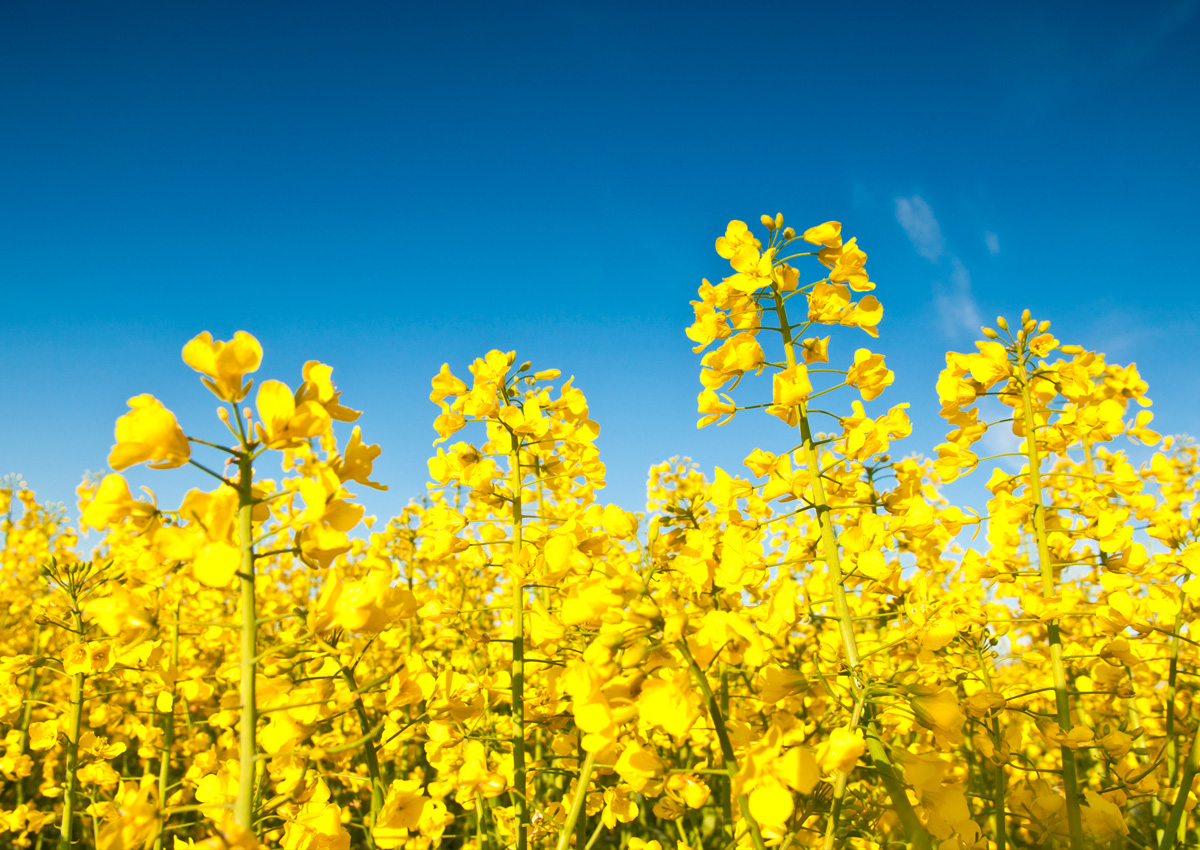
Coexistence of GM Seed Production and Organic Farming A Success in Chile
January 12, 2022| |
A paper published in GM Crops & Food assessed how GM seed production and organic farming have coexisted in Chile in the current unregulated climate. The paper also provides insights into the development of future evidence-based policies.
In Chile, several requirements need to be met regarding Law 20.089 in order to be certified as an organic product. Under Chilean organic certification standards, organic production must be isolated from the production of any non-organic (GMOs, conventional) products.
Chile has become a leading exporter of GM seeds for the past 30 years. From 2015 to 2020, GM seeds of maize, soybeans, and canola accounted for 99.9% of GM seeds grown in the country, grown exclusively for export markets. The production of GM seeds in Chile is strictly regulated and follows all country-specific regulations regarding biosafety and is conducted only within the confines of an appropriate regulatory framework.
In 2019, 20,987 cultivated hectares were certified as organic in Chile, according to the Agricultural and Livestock Service (SAG) which is in charge of organic certification. This organic production includes fruit species (69.5% of the total organic cultivated area); pasture crops; medicinal plants; cereals, pseudocereals, and oilseeds; vegetables and legumes; and seeds and nurseries.
Currently, both organic farmers and producers of GM seeds in Chile are effectively coexisting. The direct impacts of GM seeds of maize, canola, and soybean on organic production in Chile are likely to be negligible, and there has not been any case of agronomic, quality, or commercial impact that has been reported, notified, and confirmed.
To learn more about Chile's organic farming and GM seed production, download and read the paper in GM Crops & Food.
| |
You might also like:
- Study Shows Filipino Biotech and Organic Farmers Open to Co-Existence
- Continuous Adoption of GE Crops Confirms Coexistence is Attainable
- Pocket K No. 51: Coexistence of Biotech and Non-biotech Crops
Biotech Updates is a weekly newsletter of ISAAA, a not-for-profit organization. It is distributed for free to over 22,000 subscribers worldwide to inform them about the key developments in biosciences, especially in biotechnology. Your support will help us in our mission to feed the world with knowledge. You can help by donating as little as $10.
-
See more articles:
-
News from Around the World
- International Team of Researchers Discover Plant Gene Crucial to Production of Clonal Seeds
- ARS Scientists Readying Wheat with Climate Resiliency
- Coexistence of GM Seed Production and Organic Farming A Success in Chile
- Smart Packaging from Corn Extends Food Shelf Life
- Biotech Crops Get Safety Approval After Pilot Testing in China
- Australian OGTR Receives Application for Field Trial of GM Sorghum
-
Research Highlights
- Anti-stress Function of AtPDI1 Linked to Disulfide Isomerase Activity
- Transgene Inheritance Found to be Stable in Field Grown Pears
- Egyptian Scientists Develop Drought-Tolerant Tomatoes
-
Plant
- CRISPR to Supercharge Lettuce with Nutrients
- Japan's CRISPR Fish Enters Market
- VIB Conducts Three Field Trials of Genome-Edited Maize
-
Read the latest: - Biotech Updates (February 11, 2026)
- Gene Editing Supplement (January 28, 2026)
- Gene Drive Supplement (February 22, 2023)
-
Subscribe to BU: - Share
- Tweet

